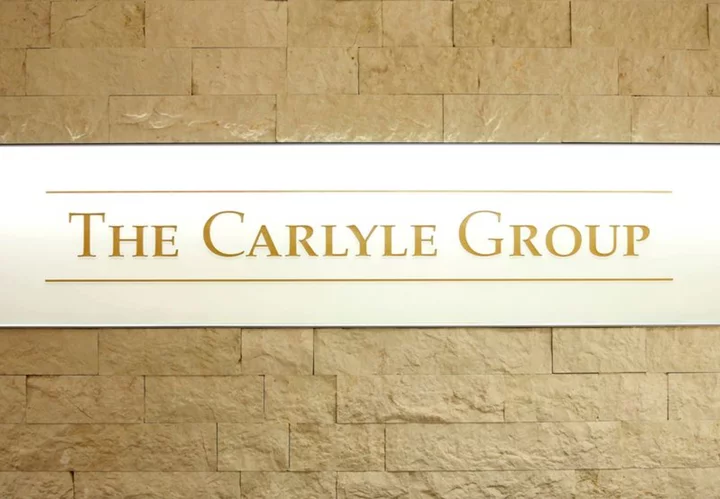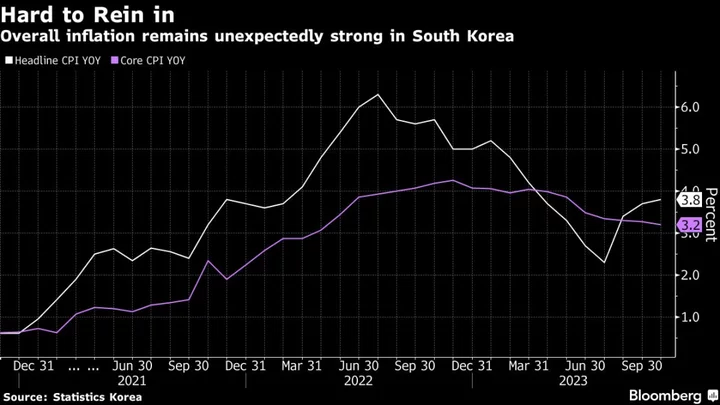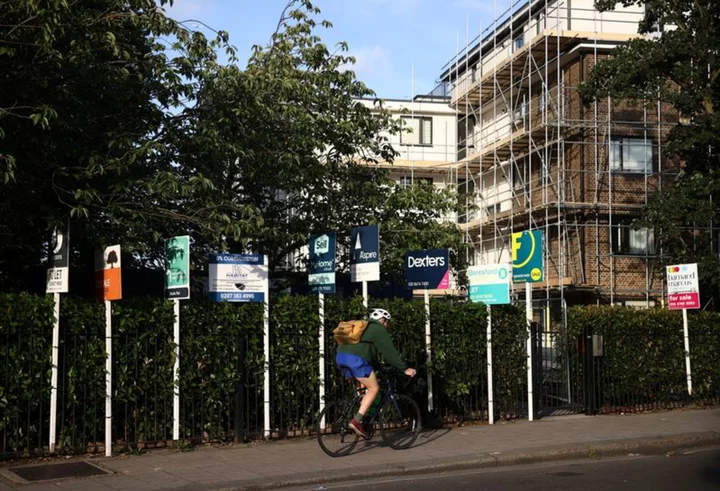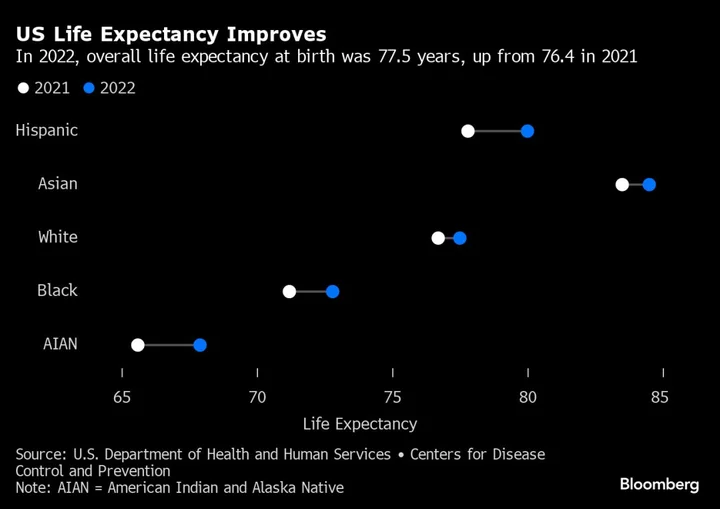Dave Liniger has spent the last half-century living through the ups and downs of the interest-sensitive housing market.
Liniger, who co-founded real estate giant RE/MAX with his wife in 1973, doesn't think mortgage rates are all that high today. After all, he recalls the early 1980s when the Federal Reserve's war on inflation briefly spiked mortgage rates above 18%.
"Everyone has been spoiled by the past 15 years of low interest rates," Liniger, now the chairman of RE/MAX, told CNN.
Interest rates plunged to historic lows early this decade as the Fed flooded the market with easy money in a bid to revive the Covid-riddled economy. The weekly average 30-year fixed-rate mortgage dropped to as low as 2.65% in January 2021, according to Freddie Mac.
Dirt-cheap borrowing costs, along with changes caused by the pandemic, set off an epic housing boom.
Mortgage rates near 7%
The days of easy money are long gone. The Fed has taken extreme steps to fight inflation.
Mortgage rates climbed to 6.96% during the week ending July 13, up from 6.81% the week before, Freddie Mac said Thursday. That's' the highest level since November.
Liniger said homebuyers may be "stuck" with these interest rates for the foreseeable future.
"We're just going to have to learn to live with 6.5% or 7% mortgage rates for six to 18 months," said Liniger.
The RE/MAX co-founder dismissed the argument from some that the Fed is done raising interest rates because inflation has cooled substantially. "I don't buy that," he said.
'This is the top'
Lawrence Yun, chief economist at the National Association of Realtors, is more optimistic about the direction of mortgage rates.
"This is the top," Yun told CNN on Thursday. "It will begin to move down."
Yun said he is "fairly confident" that inflation will continue to calm, aided in large part by easing rent growth, and this will free the Fed to halt rate hikes after moving one more time this month.
"By the end of the year, mortgage rates could be closer to 6%," Yun said.
What happens next will have huge impacts for home buyers.
61% of mortgages are below 4%
That mortgage rate spike has frozen some housing activity by making purchases unaffordable for first-time homebuyers and unattractive for people who are locked into low-rate mortgages.
"It's very difficult to give up your home if you have a 2.9% mortgage," said Liniger. "Because of that, people are reluctant to be a move-up buyer — or even a move-down buyer."
About 61% of all outstanding mortgages have an interest rate below 4%, including 23% that are below 3%, according to Apollo Group.
"The bottom line is that homeowners across America do not have any incentive to move and get a new mortgage," Torsten Slok, Apollo's chief economist, wrote in a note Friday.
That has prevented countless people from listing their homes for sale, limiting overall supply and keeping prices from falling much.
As of June, there were fewer than 800,000 housing units listed for sale across the country, down from nearly 1 million at this point in 2020, according to Realtor.com. At this point in 2018 and 2019 there were north of 1.2 million homes listed for sale.
"For buyers, it's been a tough go," said Yun. "Not only have prices not fallen, there's not much inventory."
Refinancing option
The higher rates are, the less home people can afford.
If mortgage rates were 4%, a buyer putting 10% down on a $500,000 home would face monthly mortgage payments of about $2,845, according to Zillow. But at the current mortgage rate of 7%, monthly payments on that same $500,000 home spike by $846 to $3,691.
For many potential buyers, that can make the difference between affording a house and not.
So, what should first-time homebuyers do?
Yun and Liniger agree that the smart move is to buy a home that you can afford at current rates, and then quickly take advantage of lower interest rates — whenever they arrive.
"One great thing about America is people can always refinance when rates go down," Yun said.









